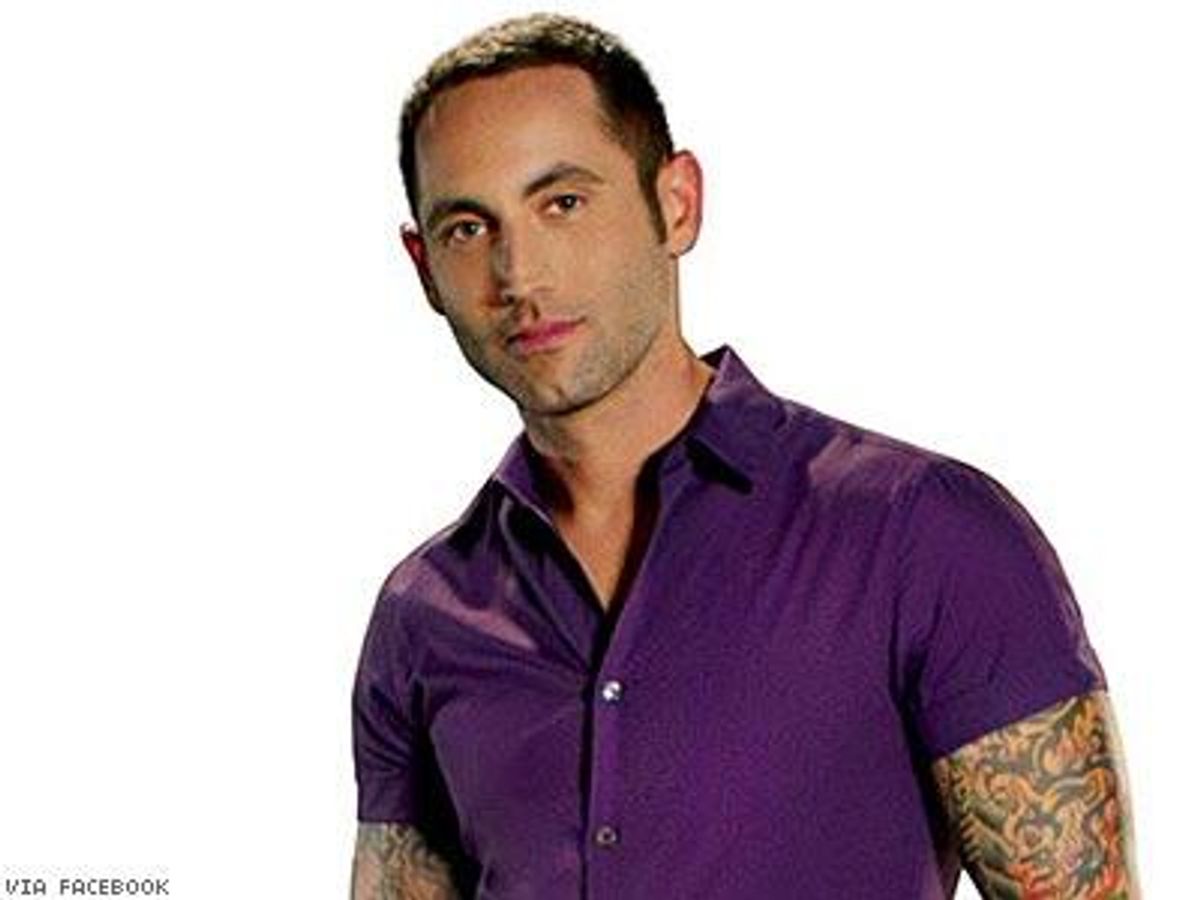People living with HIV can develop issues around sex and relationships; acknowledging those issues is the first step toward a healthier sexuality. With that in mind, Plus recently sat down with psychologist Dr. Chris Donaghue, the author of Sex Outside the Lines: Authentic Sexuality in a Sexually Dysfunctional Culture. Donaghue, who has been a TV sexpert on WE's Sex Box and Logo's Bad Sex, as well as on The Today Show, CNN, HLN, Nightline, OWN, and National Geographic. And though he's on Grindr and Scruff, he says, don't think that makes him "gay," a term that's too normative for his sex and relationships. He told Frontiers earlier this year, “We have to stop watering down our identities to some of these smaller ones, and talk about identities in a broader form. If I have to choose a sexual identity, I choose ‘queer,’ as in not normative. Gays are queer and straights are queer. I have sex with men, and I date men, but I don’t identify as gay; I identify as queer.”
Why did you want to write this book?
Psychology, along with law, media, and medicine, continually pathologize differences as disorders. Diverse bodies, minds, and sexualities are treated as a problem to be fixed. Not only is this destructive, eugenic — and often racist and ethnocentric — but it ignores how biology and culture require diversity for evolution and health. There is no "right" body, mind, or sexuality to have. The book is written to give voice and presence to the health and beauty of alternative and non-typical ways of being and thinking. Body acceptance is a component of the sex positive movement, they are intersecting causes, and we cannot have one without the other.
 Tell me why “normal” sex damaging as a term.
Tell me why “normal” sex damaging as a term.
“Normal," as a term, shames and pathologizes anything that does not align with this statistical average. It ignores the health and beauty of that which falls outside these arbitrary lines and expectations. It also breeds boredom and bad sex. "Normal" as a label is an attempt to control and to oppress all of us into American, white, male, heterocentric sexual ideals. And with the current high rate of divorce and cheating, clearly these are horrible and unsustainable expectations. This [current] ideal culture — media, psychology, medicine — has not allowed us to feel OK about sexual risk, diversity, or non-normativity. Normal is not the goal for sex.
If normal is not ideal when it comes to sex, how do you know when a sexual desire or practice is worrisome?
All consensual sex is healthy, regardless of the form it takes. The goal of healthy sex is full acceptance and engagement of your total arousal constellation, meaning all that arouses you. This includes objects, scenarios, porn, partners, fantasies etc. Sex is a problem only when it creates problems, as long as the real issue isn't just sexual phobia or residual cultural shame. We live in a very sex phobic society, so most of us have sexual shame to work through.
Can you explain "authentic sexuality in a sexually dysfunctional culture”?
Our culture is sexually anxious, and anything related to sex is treated as dangerous, suspect, and of lesser worth or value. Amazing, as sex is our most present, ubiquitous, and healthiest human drive. It can't and should not be avoided. So the healthiest psychological thing for an individual is to confront their sexuality and all its anxieties, so as to be more confident, relational, and solid. Using sex as therapy is a brilliant and helpful way to work on oneself. This radical act is the solution to living in our repressive, diversity phobic culture. Our sexuality holds our self-esteem, body esteem, intimacy abilities, and past relational issues. It’s the site of entry to truly encounter ourselves.
What’s your first advice to couples who are experiencing a lull in their sex life?
Novelty! The most sexually arousing experience is newness and novelty. Habits and patterns kill sexual arousal. Try all the sexual things that make you anxious. This will not only increase eroticism, but will also be therapeutic and build more intimacy between you and your partners.

 Tell me why “normal” sex damaging as a term.
Tell me why “normal” sex damaging as a term.










































































